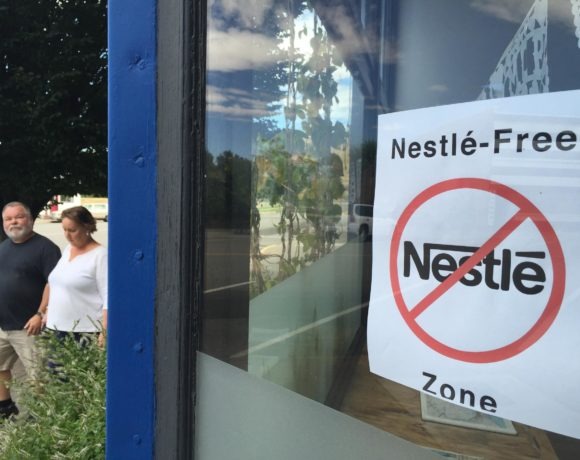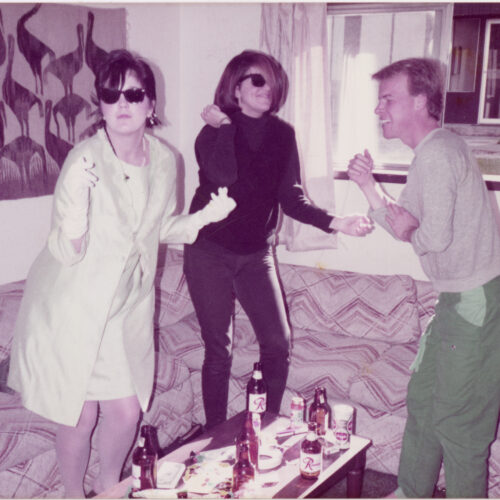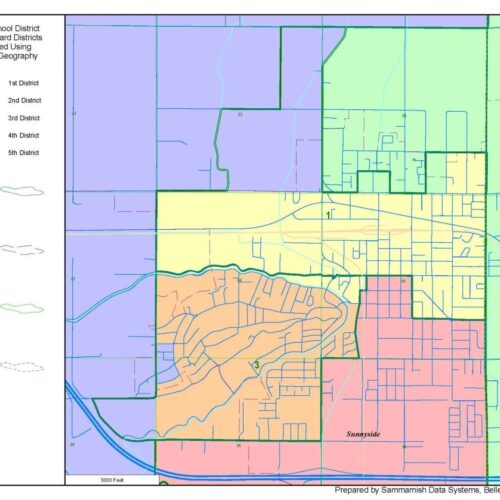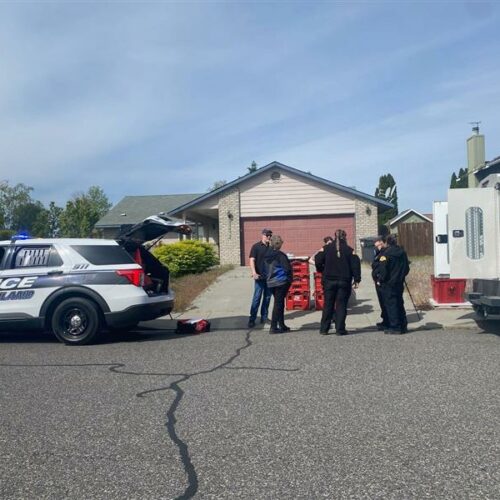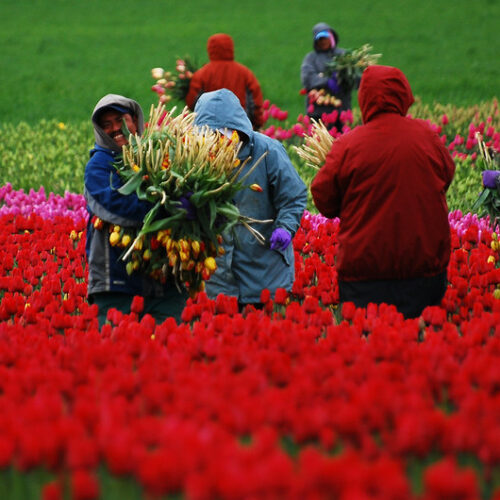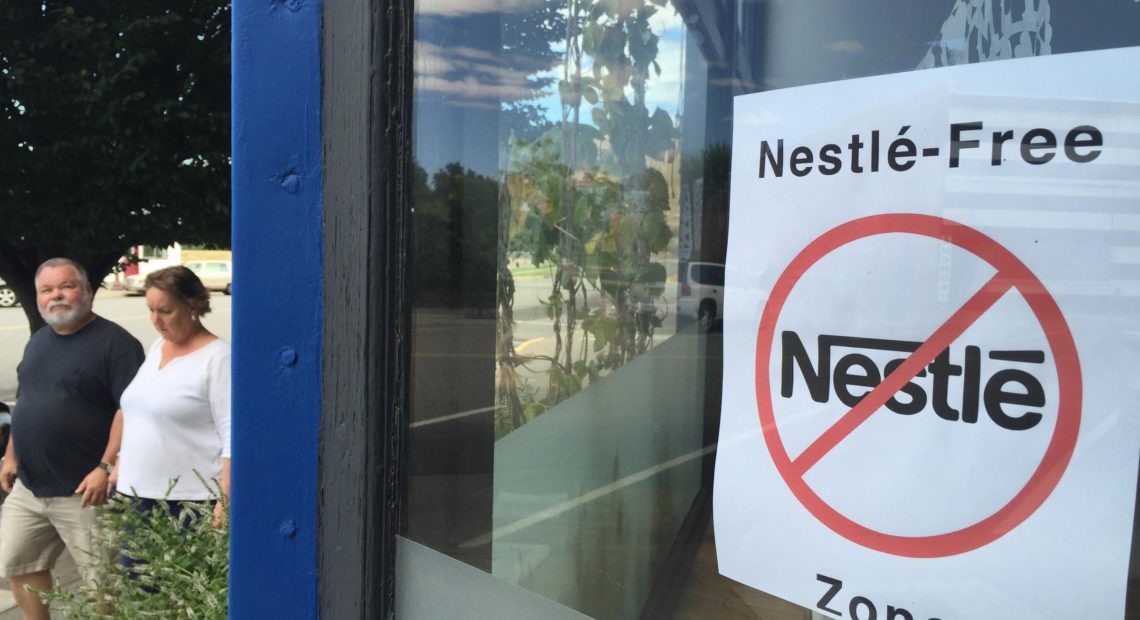
In Waitsburg, A Proposed Water Bottling Plant Creates Division
Listen
Nestlé is looking to build a commercial water bottling plant in the Northwest. Its most recent pitch is to the town of Waitsburg, 20 miles north of Walla Walla. The plan to bottle water from Coppei springs is tying the small community in knots.
Walk down Main Street in Waitsburg, and you’ll soon run into someone you know. A friendly wave from the pickup truck rolling by. A greeting from kids skipping out of the library, books in hand. Very Norman Rockwell.
“It’s a quiet little town,” said Kate Hockersmith. “You can see the stars at night. It’s a beautiful lovely little place.”
Hockersmith moved here 25 years ago. She still calls herself a newcomer. This year she ran for city council for the first time.
Lately, she can’t go to the grocery store, the post office, the coffee shop — anywhere in town — without someone stopping her to talk about the biggest controversy most anyone can remember to rock this community: Nestlé wants to build a 50 million dollar water bottling plant here.
“We are so small we don’t even have a stoplight,” said Hockersmith. “This will be a really huge change.”
This is Nestlé’s second big fight this year in the Pacific Northwest. In Oregon this May, voters in Hood River County effectively blocked a water bottling plant in Cascade Locks. There, townspeople desperately wanted jobs, and county residents worried about water supply. The fight in Cascade Locks is likely heading to court.
Plans in Waitsburg are much newer. The company says at full build-out, the proposed plant would use 150 million gallons each year. Water would come from groundwater wells on the Touchet River and springs up in the Blue Mountains.
There’s not really much to see at Coppei Springs. The springs themselves are hidden behind a locked door.
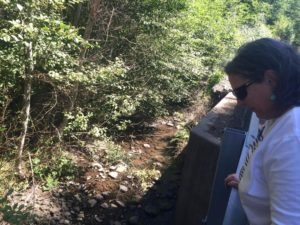
Councilwoman Kate Hockersmith looks down at Coppei Creek. The creek flows from Coppei Springs, which is where Nestlé proposes it would get some of water for a bottling plant.
Photo credit: Courtney Flatt
“Water literally pours out the sides of the walls of the cave,” said Hockersmith.
The road up has recently been cleared of brush, its gravel smoothed out. Nestlé cleaned up the path to the springs under the supervision of Waitsburg’s mayor and some city staff — but without anyone else’s knowledge. The resulting uproar over a lack of transparency ultimately cost the mayor his position. It also led many in town to feel squeamish and skeptical about the deal.
Kathy Carpenter lives on a farm downhill from the springs. Her husband’s family held some of the original water rights in the area. They gave up the use of their well water in 1917 so that the city could have access to the spring’s water and run a pipeline through their property. The water was meant for people in town — not a corporation.
The Carpenters still have the original document.
“We have a vested interest in the water,” said Carpenter. “It’s like any other natural resource. It’s really a public thing.”
For a farming community that faces droughts and other water regulations, Carpenter says water rights are very important. She worries a commercial water bottling plant could run the springs dry — along with the creek that flows from the springs. That could be bad news for the family’s alfalfa fields and home – and for fish and wildlife.
“We usually have water; we try not to waste it,” said Carpenter. “It’s just one of those gut-check kind of things.”
But not everyone in town feels that way. Some don’t want to turn down the 50 jobs Nestlé is offering just yet.
Kevin House has served on the Waitsburg City Council for six years. Before this, he says most all council business could basically be handled with a phone call. Now, Nestlé has created a division in this normally content community — it’s something everyone here worries about.
But House thinks Waitsburg is at an economic crossroads.
“Sure, you can have a great town, you can have a great community, but we may never be more than what we are now without something else to add to it,” House said.
Most in town do say Waitsburg needs more business development. A rising tourism industry and arts scene, combined with an established farming community, just won’t cut it forever.
Melanie Wilkinson runs an antique shop in downtown Waitsburg.
“We need to bring in new some new businesses; however, I’m not sure that Nestlé is the best fit for Waitsburg,” said Wilkinson.
Councilwoman Kate Hockersmith tries not to look at it as a “jobs” issue.
“They’re trying to turn this into either you’re for jobs or against jobs. That’s not really the reality here.”
Reporter: “What is the reality here?”
Hockersmith: “I think the reality here is: you’re choosing quality of life over money.”
Quality of life for everyone, she says, especially the town’s children, and their children — generations on will all need water.
The conversation is going to continue in this small town. The next city council meeting is set for August 17.
Copyright 2016 Northwest Public Broadcasting
Related Stories:
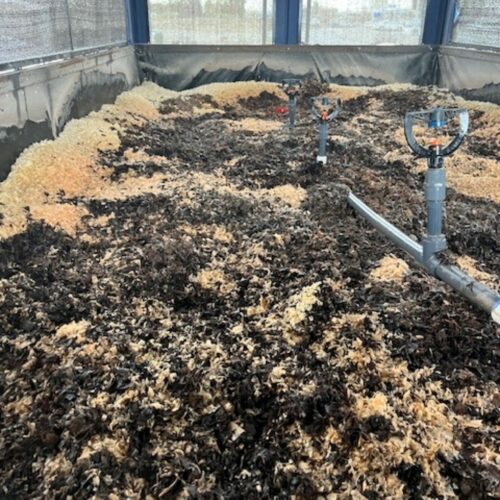
Worms eating airport deicer fluid could be greener approach to airline waste
The Tri-Cities Airport in Pasco is piloting a new program that could lead the country in cleanly disposing of deicing wastewater using worms. (Credit: BioFiltro) Listen (Runtime 0:57) Read To… Continue Reading Worms eating airport deicer fluid could be greener approach to airline waste
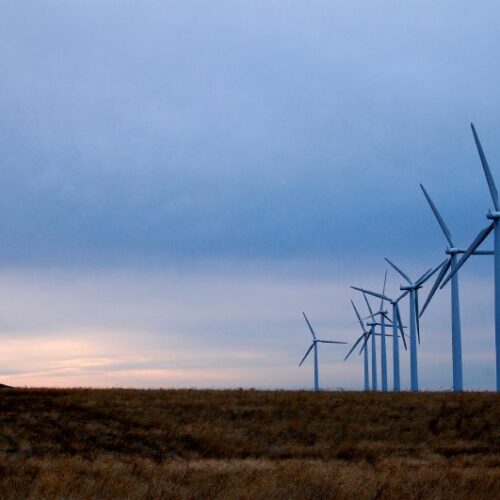
Power utilities say Northwest region needs to better prepare for extreme cold
A wind farm. (Credit: Roberta Schonborg / Flikr Creative Commons) Listen (Runtime 1:00) Read Looking back on this past winter, some Northwest utilities have noticed they were really close to… Continue Reading Power utilities say Northwest region needs to better prepare for extreme cold
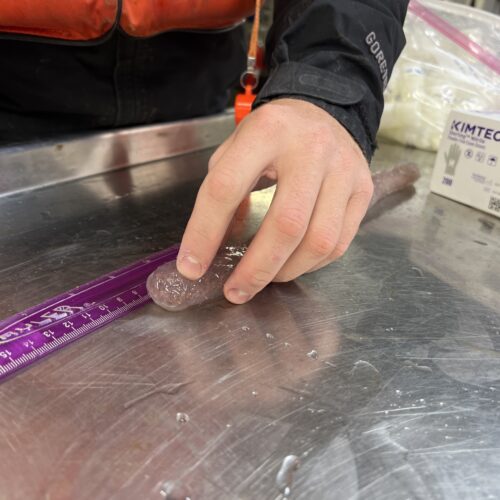
Pickle-shaped sea creatures popping up along the NW coast, why it’s important
Scientist Kris Bauer measures a pyrosome that was caught in a net aboard the Bell M. Shimada in May 2022. (Credit: Courtney Flatt, Northwest News Network) Listen (Runtime 0:59) Read… Continue Reading Pickle-shaped sea creatures popping up along the NW coast, why it’s important

